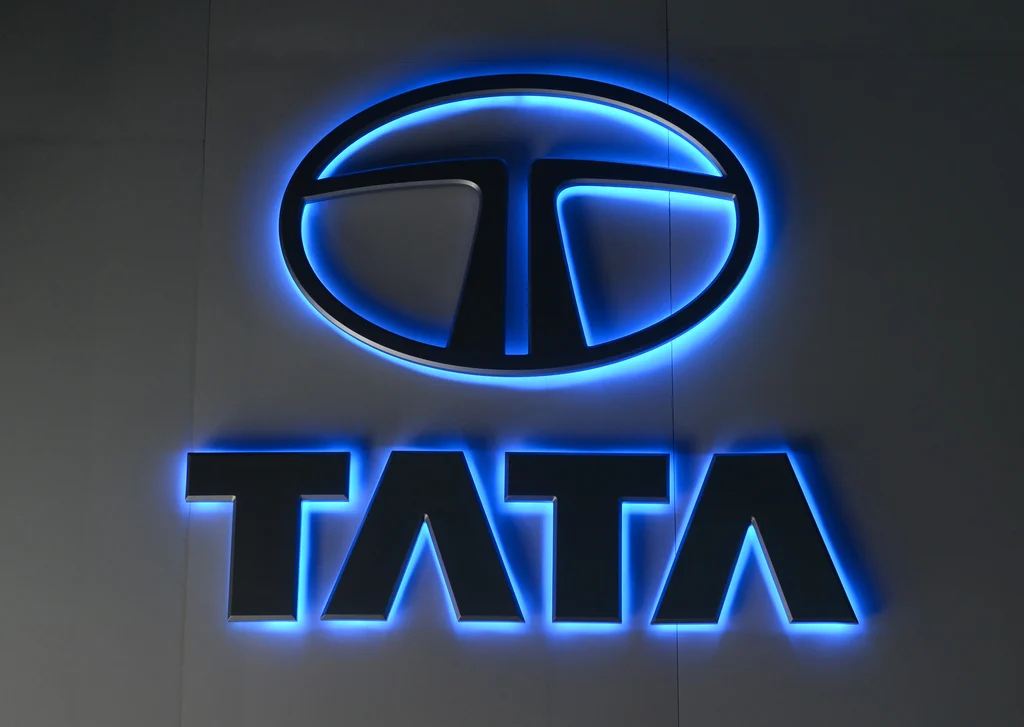Introduction
Tata Motors, a leading global automobile manufacturer, has witnessed a significant downturn in its stock price. After reaching an all-time high of ₹1,176 in July 2024, the stock has plummeted 42% in less than seven months, hitting a 14-month low of ₹667 in February 2025. This sharp decline has erased ₹1.8 lakh crore in investor wealth, causing concern among stakeholders.
Here’s an in-depth analysis of the factors contributing to the steep fall in Tata Motors’ stock price:
1. Disappointing Q3FY25 Financial Performance
- Net profit fell by 22.5%, dropping from ₹7,415 crore to ₹5,578 crore.
- Revenue growth remained marginal at 2.7%, reaching ₹1,13,575 crore.
- JLR’s EBIT margins improved to 9%, but analysts noted that this was primarily due to depreciation reduction rather than operational efficiency.
- Weaker than expected numbers led to analysts revising their earnings projections, negatively impacting investor sentiment.
2. Weak Jaguar Land Rover (JLR) Performance
- Tata Motors’ luxury car segment, JLR, has faced significant demand pressure in key markets.
- JLR’s revenue guidance for FY25 was revised downward from £30 billion to £29 billion due to weaker demand in China and Europe.
- Rising costs associated with EV transition and demand generation efforts are further squeezing margins.
3. Declining Commercial Vehicle (CV) Sales in India
- The commercial vehicle segment in India is witnessing a slowdown due to macro-economic factors and cyclical demand moderation.
- Though margins in CV and passenger vehicle (PV) businesses were boosted by PLI incentives, underlying demand concerns persist.
- Domestic sales trends indicate muted growth, affecting Tata Motors’ overall revenue potential.
4. Global Economic Challenges Impacting Demand
- China’s Economic Slowdown: Luxury car sales in China fell 14% YoY in 9MCY24, impacting JLR’s largest market.
- Recessionary Pressures in Europe: Germany and France, two major European auto markets, are facing economic contraction, leading to lower luxury car demand.
- Mixed Performance in North America: While the US luxury car market remained resilient, it couldn’t offset losses in China and Europe.
5. Brokerage Downgrades and Reduced Target Prices
- Motilal Oswal lowered its EBITDA estimates for Tata Motors by 3% for FY25 and 5% for FY26, citing JLR’s weakness and overall margin pressures.
- The firm maintained a ‘Neutral’ rating, setting a target price of ₹775.
- Jefferies India downgraded Tata Motors to ‘Underperform’ after three and a half years of a ‘Buy’ rating.
- Jefferies also slashed its target price to ₹660, reflecting concerns over earnings and demand challenges.
6. Investor Sentiment and Market Cap Loss
- Retail investors, who held 21.9% stake in Tata Motors, have suffered significant wealth erosion.
- The company’s market capitalization has dropped from ₹4.32 lakh crore to ₹2.52 lakh crore, highlighting the scale of investor losses.
- Prolonged selling pressure has led to a six-month consecutive decline, making Tata Motors less attractive to investors in the short term.
Read More: Ayushman Bharat Fraud: ₹562.4 Crore in Fake Claims Uncovered
7. Outlook: Will Tata Motors Recover?
- Analysts expect a potential recovery in the luxury car market over H1 CY25, supported by China’s stimulus measures and potential rate cuts from the European Central Bank (ECB).
- However, margin pressures from EV expansion, cost inflation, and subdued demand in key markets remain risks.
- The long-term growth of Tata Motors depends on a turnaround in global demand and successful execution of its EV strategy.
Conclusion
Tata Motors’ 42% stock price decline is driven by weaker-than-expected financial results, sluggish JLR sales, declining commercial vehicle demand, economic headwinds, and brokerage downgrades. While a recovery in global luxury car sales could provide some relief, the near-term outlook remains cautious. Investors should closely monitor earnings trends, global economic conditions, and Tata Motors’ strategic initiatives before making investment decisions.
Disclaimer: The views and recommendations given in this article are those of individual analysts. These do not represent the views of askitout.com. We advise investors to check with certified experts before taking any investment decisions.
Reference Links:
Analyst sees more pain in Tata Motors shares after 42% crash from peak – Markets | ET Now
